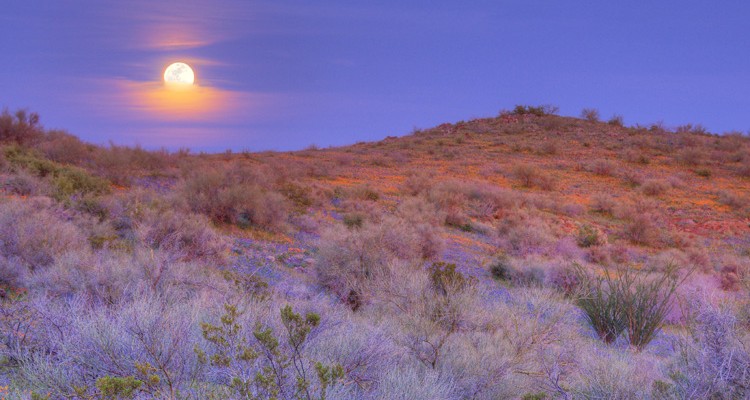The San Carlos Apache Nation has broken ground on its new tribal casino in Pinal County, Apache Sky, located in central Arizona.
Located near Dudleyville, the 170-acre site is located on the southern end of the San Carlos Apache Indian Reservation and is part of the tribe’s ongoing casino project. Initially, the facility will consist of temporary structures which will house approximately 15,000 square feet of casino gaming. A permanent complex will eventually be built resembling the tribe’s existing casino, the Apache Gold Casino Resort in San Carlos, according to the Case Grande Dispatch.
Lee Randall, chairman of the Apache Gold Casino’s board of directors, said that no date has been set for the completion of the entire project. Randall estimated the development would generate approximately 325 new full-time jobs for tribe members and nearby residents. Pete Rios, Pinal County Supervisor, whose district encompasses the site of the new casino, said the new facility could become the focal point for a region that has had difficulty diversifying its economy. He said the casino’s ability to provide new job opportunities could benefit small communities such as Kearny and Mammoth. Rios said, for many years the region has been dominated by the mining industry which fails to encourage young people to stick around.
Also expected to be rejuvenated by the new casino is the county’s tourism industry, according to Tim Kanavel, Pinal County Economic Development Manager. Kanavel said about four years ago, efforts to lure tourists to the county slowed down and a new casino would provide an ideal opportunity to increase advertising to an outside market. Kanavel added, along the San Pedro River the areas surrounding Dudleyville are scenic and attractive to outdoor enthusiasts, however, there are few restaurants and hotels nearby that provide visitors incentive for extended stays. Echoing Kanavel’s observation, Rios noted how a casino resort could satisfy a demand for hospitality services.
Early in 2014 when plans for a new casino were first announced, the first phase of the project was projected to be completed by April 2015, as reported by Inside Tucson Business. The construction delay was partly due to a parcel of state land that had to be acquired to build a public roadway to allow access to the casino’s site. The other reason being the location of the new casino was close to the site of an 1871 massacre of numerous Aravaipa Apache members, and was condemned by tribal members as well as former tribe historian, Dale Miles. However, a feasibility study performed a few years ago, said Randall, revealed the casino’s site had no “historical viability” or “cultural significance” for the tribe. Randall said before ground was broken the site was blessed by tribal spiritual leaders.
The addition of another casino resort is expected to “springboard” the tribe into opportunities such as education and public safety services, said Randall. Talks regarding a possible collaboration between Central Arizona College and the tribe have reportedly taken place for consideration of offering classes in hospitality and gaming at the college’s Aravaipa Campus.


